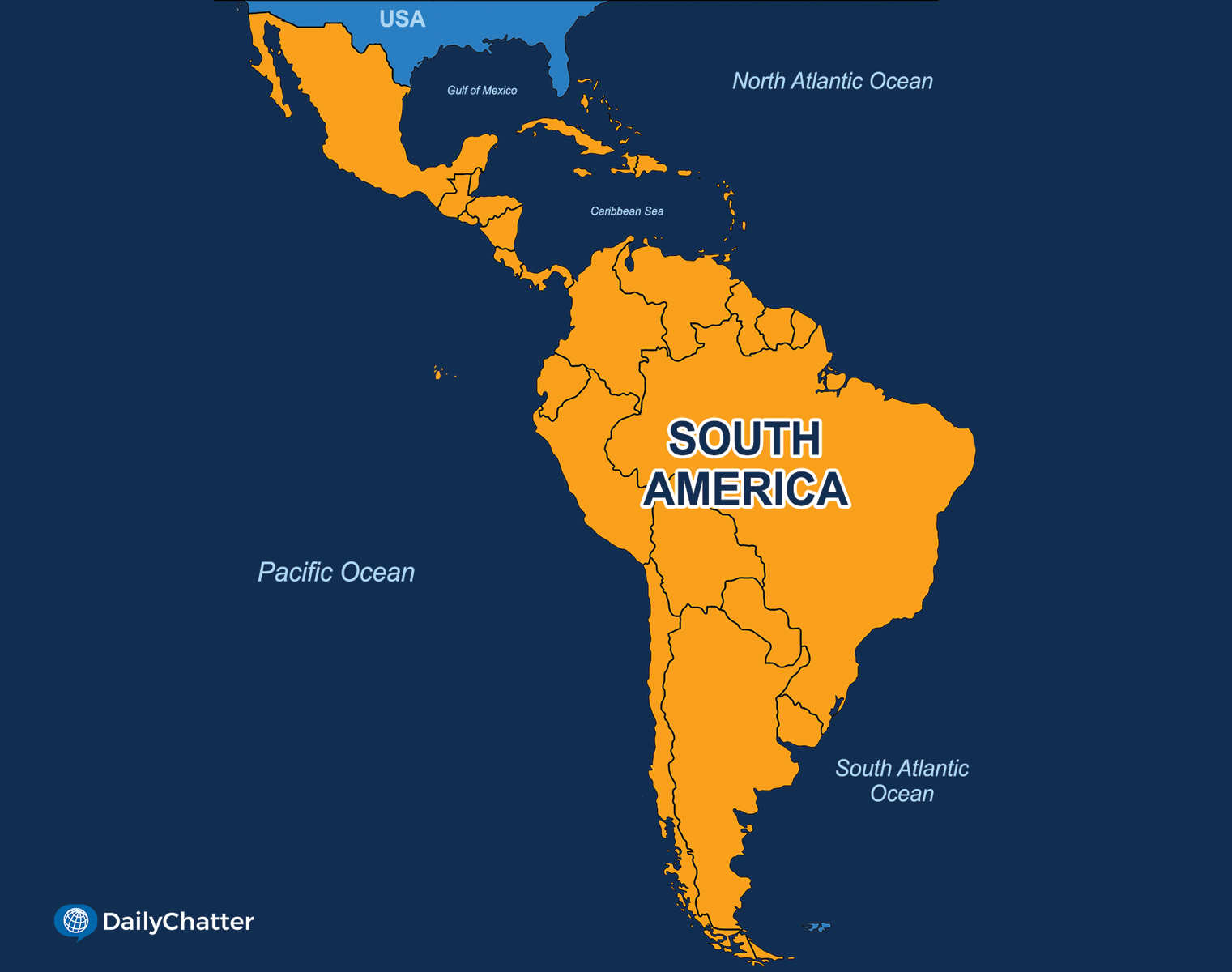VENEZUELA

Misery and Conspiracy
In the US, the power of communist Venezuela is the stuff of conspiracy theories.
But in Venezuela, the misery is real.
Authorities in neighboring countries like Trinidad and Tobago are dealing with tens of thousands of desperate Venezuelan fleeing their economically devastated country, Reuters reported. Venezuelan refugees have also taxed countries like Chile, Al Jazeera explained. The migrant trains and human smugglers have helped create a culture of crime and violence among the destitute: CNN described in a poignant but harrowing story the plight of Venezuelan women seeking to escape their homeland.
To date, about five million Venezuelans have left their country.
The Venezuelan economy’s problems are deep. Hugo Chavez, president from 1999 to 2013, and his Socialist Party borrowed heavily to lift millions from poverty. Now his disciple, Nicolas Maduro, has been printing money in a vain attempt to keep the economy going. Food and utility shortages are now widespread, Borgen Magazine wrote.
Gross domestic product has shrunk 65 percent over the past five years, one of the worst contractions in the history of the world.
Maduro rules with an iron fist. OilPrice.com reported how the president has ordered the arrest of oil workers who go public with their concerns about corruption and mismanagement in the state oil firm. Strict controls on travel have resulted in Doctors Without Borders curbing their assistance in the country. Recently, the president has even been persecuting longtime Socialist Party stalwarts who dare expose the administration’s failings.
“After having crushed the political parties opposed to his version of socialism, Maduro’s critics say he has trained the state’s security apparatus on disillusioned ideological allies, repeating the path taken by leftist autocrats from the Soviet Union to Cuba,” the New York Times explained.
The tyrant might have a chance of securing more power, according to US State Department officials who spoke to Fox News. On Dec. 6, Venezuelan voters go to the polls to elect a new National Assembly. The opposition now controls the chamber. The US and the European Union have recognized its leader, Juan Guaido, as acting president. Maduro is hoping to seize control, eliminating a rival for the presidency in the process, American officials say.
Two years ago, when Guaido was emboldened to claim the presidency, he instilled hope in many freedom lovers around the world. But today, Maduro’s power remains solid while Guaido’s is a shadow government with moral cache and little else, Bloomberg argued.
That’s because the US policy of “maximum pressure” involving deep sanctions has pushed Maduro into the arms of China, Russia and other rivals of the US, which are propping up the government: “Iranian tankers go dark to ship gasoline and food to Venezuela in exchange for contraband crude, while Turkey buys Venezuelan bootleg gold. China and Russia, meantime, have obligingly rolled over Venezuelan debts. Cuba, has put its intelligence apparatus at Maduro’s disposal, implicitly as quid pro quo for Venezuelan petroleum,” Bloomberg wrote.
Guaido, backed by the US, most of Europe and the Organization of American States, has denounced the election as a sham. He is pushing instead for a parallel national referendum starting online on Dec. 5 and extending to some polling stations.
It’s a stalemate and the only thing that can move the situation forward is compromise, analysts say, a deal that no one will like. But without one, Venezuelans will continue to flee and many of those left behind will want to.
W




